To hear him tell it, Mike Macdonald the defensive guru was born out of necessity, the product of Mike Macdonald the mediocre football player.
Now, if you were to ask people who were in Roswell, Georgia, two decades ago watching Centennial High School football, you would surely find folks who would disagree with Macdonald's self-deprecating descriptions of his athletic prowess, including his father, Hugh, who is on record calling “baloney” on the way his son downplays his football talents.
But the way Macdonald remembers it, he became a student of the game because he had to in order to keep up on the field. In other words, the level of football acumen—or football genius as plenty of people around him would describe it, though Macdonald would never use that word himself—that helped Macdonald climb the coaching ranks to become the NFL's youngest head coach, was simply the product of a teenager trying to find an edge on the field.
And as it turned out, Macdonald loved that side of the game.
"In order for me to have success when I was playing, which didn't happen often, I felt like I needed an edge, so I was always intrigued by being ahead of the game," Macdonald said. "That's what drew me into just coaching initially."
But as Macdonald discovered once he dipped his toes in the coaching waters, he realized that the Xs and Os weren't all there was to coaching. And as much as he loves that side of the game, Macdonald realized there was an even more appealing part of coaching. Connecting with players, it turned out, was an even bigger draw than connecting schematic dots.
That connection with players has been evident early in Macdonald's tenure in Seattle. Despite being known as a serious, no-nonsense coach, a bond with players and a dry sense of humor have been on display this summer. Macdonald has formed a particularly tight yet light-hearted bond with cornerback Devon Witherspoon, who is also revered by teammates for his football smarts. After one practice, Macdonald was in the middle of a press conference when Witherspoon loudly shouted, "just tell them we got on the offense's ass today!"
Macdonald, meanwhile, joked about Witherspoon's willingness to share his opinions with his head coach by saying, "I told him today I couldn't believe he was the smartest football player of all time and it's only his second year in the NFL. He's got an answer for everything."
After another practice, players cheered for their head coach as they exited the field, again interrupting a press conference.
"Yeah Mike!" one player yelled.
"Well said, Coach, well said!" added safety Julian Love. "Good (stuff), Mike!"
"Mike, yes!" hollered safety K'Von Wallace.
Macdonald quipped, "They're happy because we cancelled meetings, not because they like me."
As Love explained it, Macdonald got a big laugh out of his defense this week when, in the middle of a drill, a defensive lineman told a running back, "I'm going to hit your ass."
Macdonald's response to that statement?
"Well, hit the rest of him too."
"That is such a corny joke that I think perfectly embodies kind of his charisma," Love said. "I've never heard that before, weirdly, playing football for a while. I chuckled at that one."
Those moments of levity might not seem like much on their own, but cumulatively, they help show how Macdonald, as he first discovered as high school coach, values the connection a coach can make with his players.
How Macdonald even came to coaching was, as is so often the case, a merging of passion and talent with a little bit of good fortune. Following his days as a good-but-not-great multisport high school athlete, Macdonald went to the University of Georgia thinking he would use his analytical brain to find a job in the business world. But as luck would have it, Macdonald's high school coach, Xarvia Smith, was starting a new job at Cedar Shoals High School in Athens, just five miles from Georgia.
"When I got to college, I was searching for a purpose and, as God does, He put my high school coach back into my life, and I just felt a pull," Macdonald said. "It went from being an X's and O's guy, thinking X's and O's was the attraction to, now you can be a part of a team, and you can make people better, and see growth, and be a part of something bigger than yourself while also doing all the strategy, and the breakdowns, and all that type of stuff, so it just was something that I felt like I needed to pursue."
Smith already knew Macdonald saw the game differently than most players because Macdonald served as an unofficial coach while he was injured during his senior year at Centennial, but when Macdonald started coaching for real as the freshman coach at Cedar Shoals, his new boss recognized a special talent in a hurry. And Smith told his young pupil as much when the two met for breakfast one morning along with Smith's two children.
"As we sat at the table eating breakfast, I said, 'Mike, you know what's getting ready to happen? You're going to go to the NFL, you're going to be a coach, then you're going to be a defensive coordinator, and after three or four (years) of that, you're going to be a head coach.' And he laughed," Smith said after Macdonald was named the head coach of the Seahawks. "I was like, 'you watch, you'll be a head coach when you're 35.'"
Smith, it turned out, was only off by a year, with Macdonald getting the Seahawks job when he was 36.
Macdonald jokes that Smith's version of that story, "gets better every time he tells it," but whether or not there is any embellishment involved, it was meaningful for Macdonald that a mentor showed that kind of faith in him at such a young age.
"You laugh it off, but I think there's power in it when people in your life speak things into existence, and people show that they believe in you, and they give you confidence to pursue stuff," Macdonald said. "My parents were like that, my sisters were like that. It was always just speaking life into you, and Coach Smith was like that, so you believe that you can do it. So it was like, 'OK, I believe that I can do that.' I wasn't thinking, 'OK, I want to be a head coach?' But, 'How can I coach in college?' is really the initial thought. Try to figure all that out and go from there."
The answer to that question was an entry level job as a graduate assistant at Georgia, which then transitioned into a job as a defensive quality control coach. There, working under then defensive coordinator Todd Grantham, Macdonald knew he was all-in on coaching.
"They put me in a cupboard in Georgia and I would just draw plays like Harry Potter," Macdonald said. "The same thing that got me into coaching was trying to recognize patterns and formations, and trying to get an edge, hence chasing edges. So that started when I was playing in high school ball, when I was coaching at Cedar, trying to do the breakdowns to try to be in the right play all the time.
"Then at Georgia, I loved that stuff, trying to figure out how personnel drove offensive decisions. I was drawing a lot of plays. I was doing a lot of grunt work. But you wanted to help the game plan too, and be an asset to the staff and the players, try to give them anything you could possibly give them, however little it was. When you do that, it goes back to, 'Hey, this person now has the power to make this play that he wouldn't have had if I hadn't found the tip,' or whatever. Just as minuscule as it was, that was a fun process."
Grantham came away impressed with his early interactions with Macdonald, noting his ability to process information and solve problems.
"He was in business school, wanted to be a CPA or whatever, but really wanted to get into football," Grantham, now the defensive line coach for the Saints, said in a phone interview. "You could tell he was a smart guy, conscientious, and from everything I could tell and talk to people about, he was a hard worker. We hired him as a GA and obviously he learned our system, learned football and started picking up things. Worked with our linebackers at the time, and really just kind of was able to handle the volume of stuff you gave him. Was one of those guys that as issues came up, he could fix the problem maybe without coming to see you. You know what I'm saying? As things popped up, he would be a little bit of a problem solver that way."
Knowing that Grantham had a long background in the NFL, Macdonald would pick his brain about coaching at that level, and while there was no way for Grantham or anyone else on Georgia's staff to know they had a future NFL head coach working for them, he did see a lot of potential in a young Macdonald.
"I don't know if you really predict (being an NFL head coach) because that's all timing and things like that, but I've always felt like I had a good evaluation of people. And I think it starts with good people and then from there, guys that are intelligent and are hard workers and then really got a passion for the sport. And he's one of the better ones that I've had an opportunity to hire and be around."
When graduate school ended, so too did Macdonald's role at Georgia, but he managed to find his next opportunity in the NFL as a coaching intern for the Ravens. Macdonald actually applied for an internship with Baltimore's personnel department, but didn't get that, which was probably a blessing seeing as he wanted to be a coach and not a scout. But while he didn't get that internship, he made a strong enough impression that the Ravens remembered him when a coaching opportunity came up.
In Baltimore, Macdonald shared a small office with two other newcomers, former NFL safety Chris Horton, and Eugene Shen, who held degrees from Harvard and MIT and was working on Wall Street before getting into football analytics. That room turned out to be something of a an incubator for success, with Macdonald ending up a head coach, Horton working his way up to special teams coordinator for the Ravens, and Shen now serving as senior vice president of football strategy for the Washington Commanders.
"When we first got in, we were sharing that office together and I was still on the defensive side of the ball at the time," Horton said in a phone interview. "We'd have responsibilities to do game breakdowns and things like that. And we kind of just built the relationship. We were working together and just learned a little bit about each other throughout that entire year and built a good working relationship that ultimately became a lasting friendship."
Horton noted that, despite being older than Macdonald an considerably more accomplished as a player, he found himself learning from Macdonald right away.
"It was very simple, I knew from the time I met Mike, this dude was sharp," Horton said. "He talked about answers, and I knew he was on his way when we would be in the meeting and I mean we'd be sitting in that office breaking down tape, and he would be game planning as if he was the position coach or the third-down coach or the D-coordinator. And some of the things, some of the ideas that he would bring up and he'd say, 'Hey, what do you think? How would you play this if you were the DB coach?' And I just was like, man, this dude is sharp. He'd say, 'Hey, look at this blitz. What do you think against this protection?' And it was like, wow. So those are some of the things that stood out to me is just how sharp he was from the day he walked in."
But just as Macdonald came to realize that there was a lot more to coaching than Xs and Os, Horton didn't take long to recognize that Macdonald a lot of the traits it takes to be a good coach that go beyond schematic brilliance.
"I think really it's the attention to details, the ability to lead," Horton said. "Leaders come in all shapes and forms. I think with football, what matters the most is can you get your players to do what you want? Can you get your players to play hard? And Mike has all those characteristics of being a good ball coach. Young or old, he has an idea, he has a vision. And I think when he knew that early on what he wanted to be. It's pretty simple why I had no doubt why he was a position coach as early as he was, it's because of his knowledge of the game and his ability to teach players and get the players to do exactly what he wants them to do. And then get them to play as hard as they play for him."
As Horton noted, Macdonald didn't take long to become a position coach, becoming Baltimore's defensive backs coach in 2017, then the linebackers coach in 2018. After spending 2021 as the defensive coordinator at Michigan, Macdonald returned to Baltimore in that same role, oversaw the NFL's best defense, and by the end of the 2023 season, he was one of the hottest head coaching candidates in football.
Macdonald had options as things heated up with Seattle after Baltimore was eliminated from the playoffs, both in terms of other head coaching opportunities or, of course, staying in Baltimore. He ended up choosing the Seahawks for numerous reasons, including the passionate fanbase, committed ownership, the team's recent success, and the culture John Schneider and Pete Carroll built over the past 14 years. But one of the biggest factors was the way he connected with Schneider, and seven months on the job have only reinforced that decision.
"It's been awesome," Macdonald said. "The guy's an open book. I trust him, there's just trust there. How he operates, I respect him as a person, as a man, as a leader, how he runs the organization. He's a guy that you want to work with, and I want to have his back. I want him to feel like that, which I think he does."
Macdonald also wants the entire region to know he has their back and that he doesn't take the responsibility of his job lightly. That, more than anything has been driving Macdonald every day since he took the job.
"There's a bigger why," Macdonald said. "The whole vision is, you're trying to create this beacon of light in Seattle. When you're at an alone, honest moment with yourself, there's been a lot of times I'm like, 'Are you abiding by that vision?' You're going to check yourself. There's a lot of times where I've fallen short already, that I could have had a better way of communicating, could have had a better plan. So sometimes I got to give myself some more grace on it.
"But that's the why. The why is '12 as 1,' and you get there by everyone being together on it. The X's and O's, and the scheme is important because that gives the guys confidence to go produce and puts them in a position to succeed. Which, rising tide raises all ships, where then everybody's in a better spirit. You kind of go all the way out. It goes to the building, it goes to the city, it goes to the state. It's about this bigger purpose in your life that you want to affect people positively, basically, is what it comes down to. You're trying to leave this place better than we found it, and people being excited to work here, and players provide for their families, and we can do something special together that we will have for the rest of our lives. So I can really do something that the league hasn't seen necessarily. That's why you're doing it."
As Macdonald pours so much of himself into this new job, he's been feeling the love coming back from fans.
"It's just the spirit, the optimism," he said. "You can tell it matters. It's just cool because that's something that we can have in the city. You have to keep reminding yourself, OK, this is our place.
"This is our home."
Check out the Seahawks 53-man roster for the 2024 season.
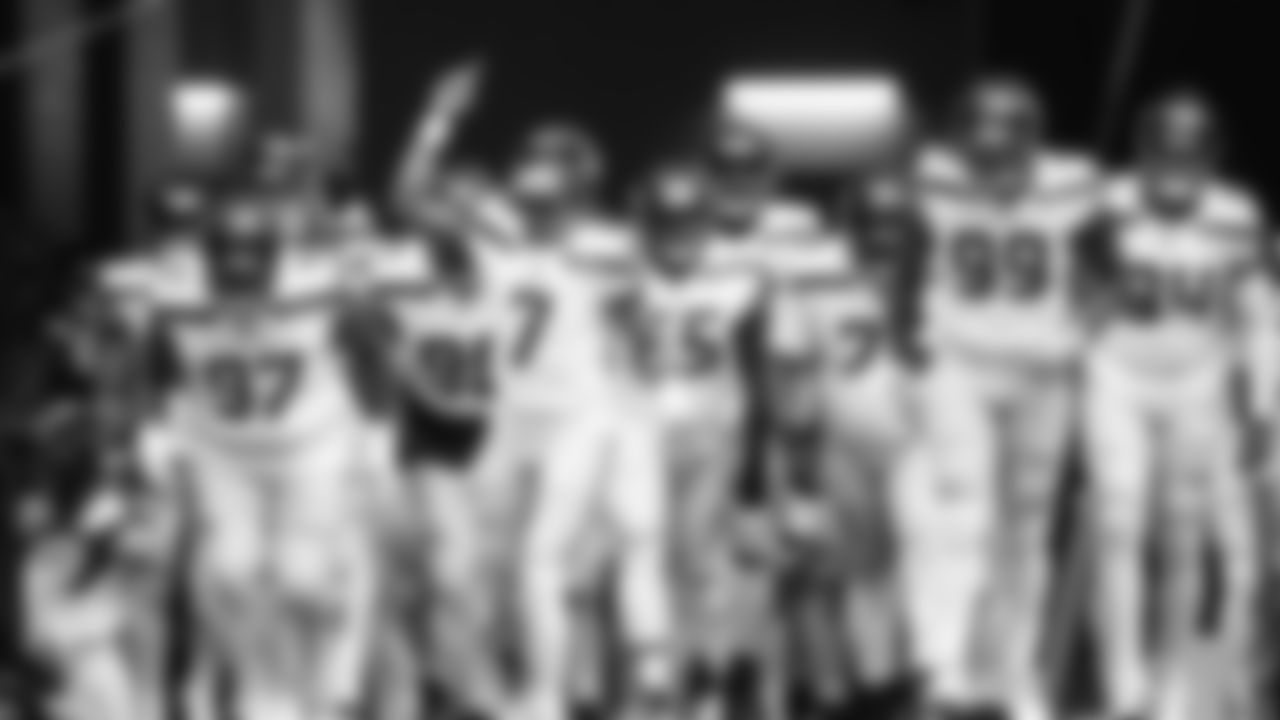



Seahawks wide receiver Jaelon Darden (1).

This is a 2024 photo of Rayshawn Jenkins of the Seattle Seahawks NFL football team. This image reflects the Seahawks active roster as of June 10, 2024 when this image was taken. (AP Photo)

Seahawks safety Rayshawn Jenkins (2).

This is a 2023 photo of Michael Dickson of the Seattle Seahawks NFL football team. This image reflects the Seattle Seahawks active roster as of June 5, 2023, when this image was taken. (AP Photo)

Seahawks punter Michael Dickson (4)

This is a 2023 photo of Jason Myers of the Seattle Seahawks NFL football team. This image reflects the Seattle Seahawks active roster as of June 5, 2023, when this image was taken. (AP Photo)

Seahawks kicker Jason Myers (5)

This is a 2024 photo of Sam Howell of the Seattle Seahawks NFL football team. This image reflects the Seahawks active roster as of June 10, 2024 when this image was taken. (AP Photo)

Seahawks quarterback Sam Howell (6)

This is a 2023 photo of Geno Smith of the Seattle Seahawks NFL football team. This image reflects the Seattle Seahawks active roster as of June 5, 2023, when this image was taken. (AP Photo)

Seahawks quarterback Geno Smith (7)

This is a 2024 photo of Coby Bryant of the Seattle Seahawks NFL football team. This image reflects the Seahawks active roster as of June 10, 2024 when this image was taken. (AP Photo)

Seahawks cornerback/safety Coby Bryant (8)
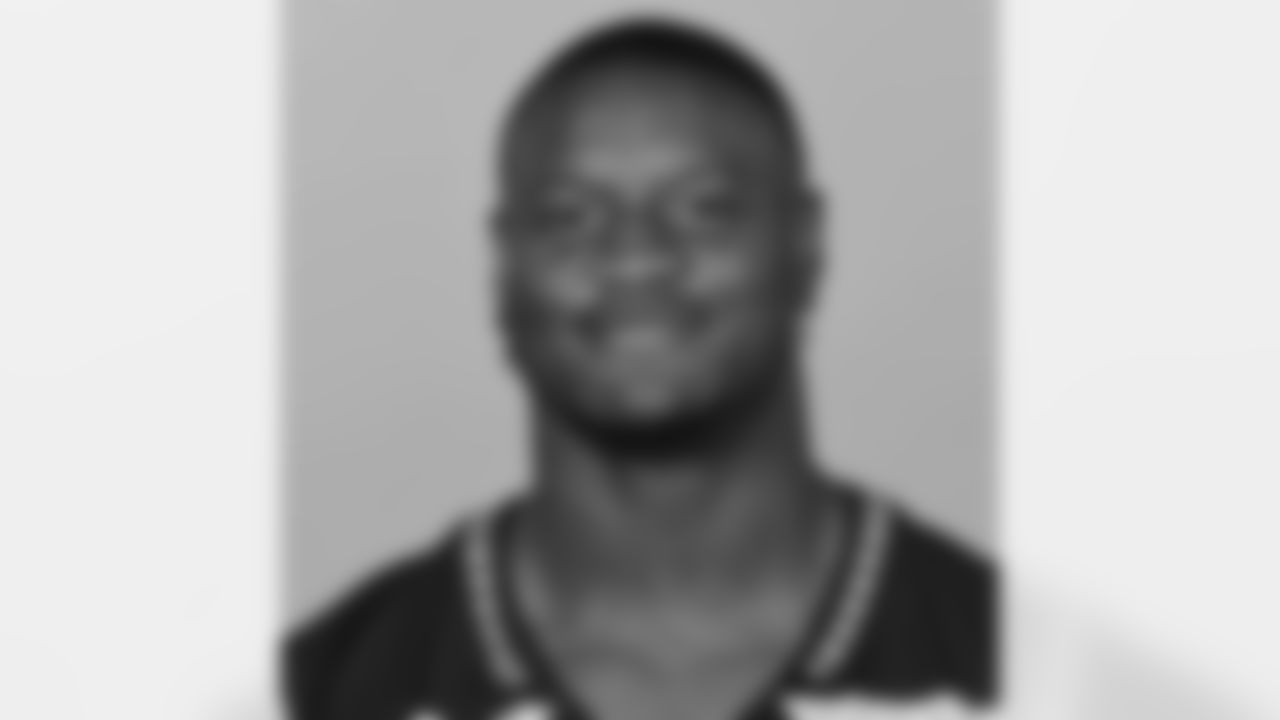
This is a 2024 photo of Kenneth Walker III of the Seattle Seahawks NFL football team. This image reflects the Seahawks active roster as of June 10, 2024 when this image was taken. (AP Photo)

Seahawks running back Kenneth Walker III (9)

This is a 2023 photo of Uchenna Nwosu of the Seattle Seahawks NFL football team. This image reflects the Seattle Seahawks active roster as of June 5, 2023, when this image was taken. (AP Photo)

Seahawks linebacker Uchenna Nwosu (10).

This is a 2024 photo of Jaxon Smith-Njigba of the Seattle Seahawks NFL football team. This image reflects the Seahawks active roster as of June 10, 2024 when this image was taken. (AP Photo)

Seahawks wide receiver Jaxon Smith-Njigba (11)


Seahawks linebacker Ernest Jones IV (13).

This is a 2024 photo of DK Metcalf of the Seattle Seahawks NFL football team. This image reflects the Seahawks active roster as of June 10, 2024 when this image was taken. (AP Photo)

Seahawks wide receiver DK Metcalf (14)


Seahawks quarterback Jarren Hall (15).

This is a 2024 photo of Tyler Lockett of the Seattle Seahawks NFL football team. This image reflects the Seahawks active roster as of June 10, 2024 when this image was taken. (AP Photo)

Seahawks wide receiver Tyler Lockett (16)


Seahawks wide receiver John Rhys Plumlee (17) practiced at the Virginia Mason Athletic Center on Thursday, January 2, 2025.


Seahawks linebacker Josh Ross (18).

This is a 2024 photo of Jake Bobo of the Seattle Seahawks NFL football team. This image reflects the Seahawks active roster as of June 10, 2024 when this image was taken. (AP Photo)

Seahawks rookie receiver Jake Bobo makes his first touchdown catch on a pass from Geno Smith in the fourth quarter.

This is a 2024 photo of Julian Love of the Seattle Seahawks NFL football team. This image reflects the Seahawks active roster as of June 10, 2024 when this image was taken. (AP Photo)

Seahawks safety Julian Love (20)

This is a 2023 photo of Devon Witherspoon of the Seattle Seahawks NFL football team. This image reflects the Seattle Seahawks active roster as of June 5, 2023, when this image was taken. (AP Photo)

Seahawks cornerback Devon Witherspoon (21)

This is a 2024 photo of Tre Brown of the Seattle Seahawks NFL football team. This image reflects the Seahawks active roster as of June 10, 2024 when this image was taken. (AP Photo)

Seahawks cornerback Tre Brown (22)
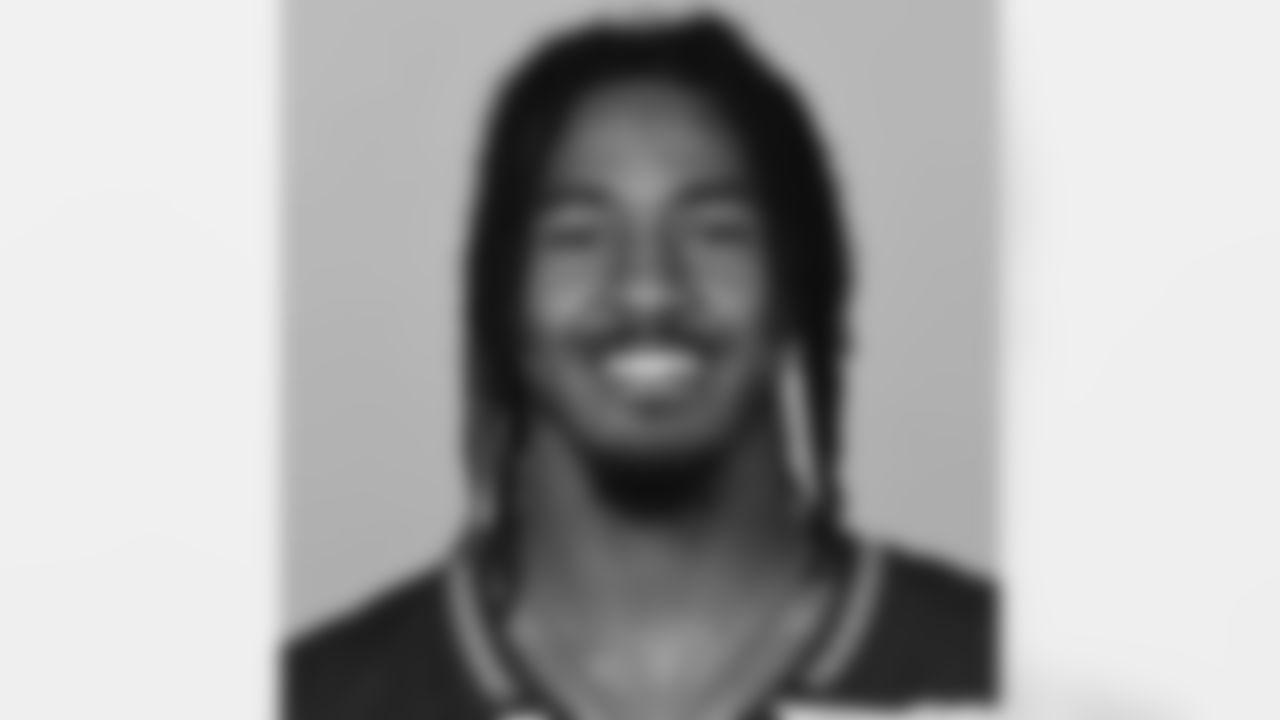
This is a 2024 photo of Kenny McIntosh of the Seattle Seahawks NFL football team. This image reflects the Seahawks active roster as of June 10, 2024 when this image was taken. (AP Photo)

Seahawks running back Kenny McIntosh (25)

This is a 2024 photo of Zach Charbonnet of the Seattle Seahawks NFL football team. This image reflects the Seahawks active roster as of June 10, 2024 when this image was taken. (AP Photo)

Seahawks running back Zach Charbonnet (26)
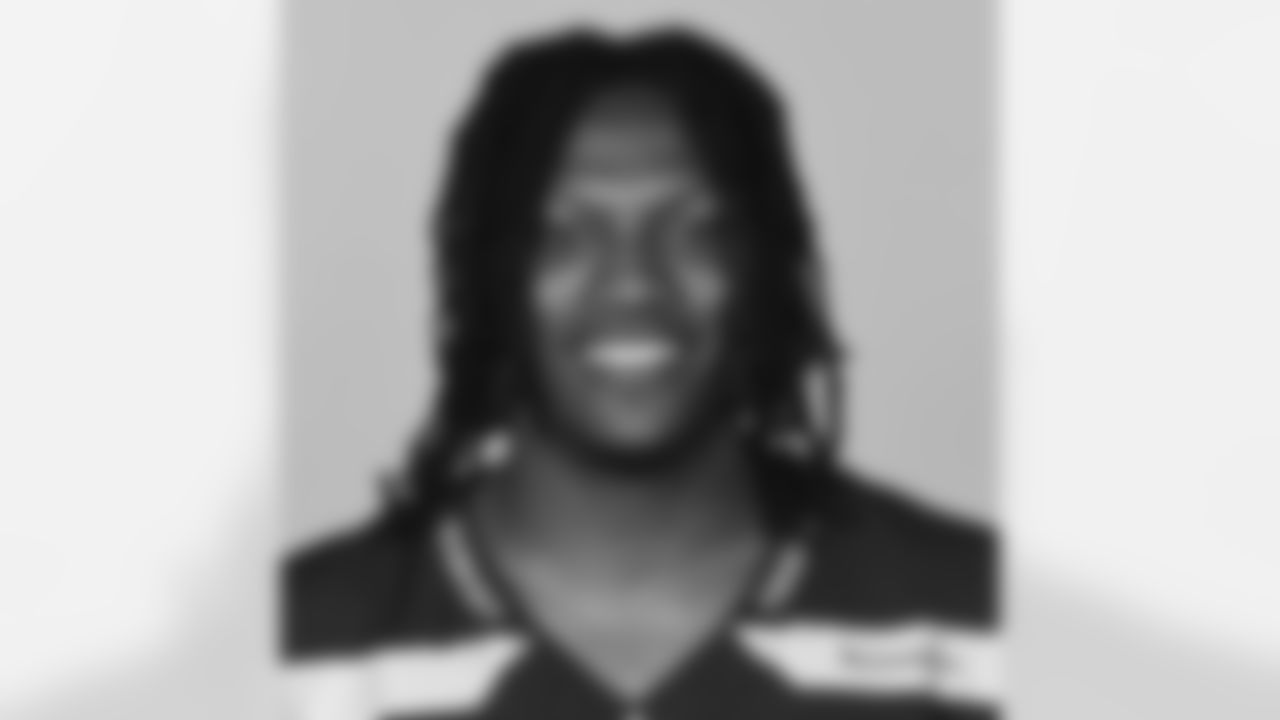
This is a 2024 photo of Riq Woolen of the Seattle Seahawks NFL football team. This image reflects the Seahawks active roster as of June 10, 2024 when this image was taken. (AP Photo)

Seahawks cornerback Riq Woolen (27)

This is a 2024 photo of Nehemiah Pritchett of the Seattle Seahawks NFL football team. This image reflects the Seahawks active roster as of June 10, 2024 when this image was taken. (AP Photo)

Seahawks cornerback Nehemiah Pritchett (28)

This is a 2024 photo of Josh Jobe of the Seattle Seahawks NFL football team. This image reflects the Seahawks active roster as of September 5, 2024 when this image was taken. (AP Photo)



Seahawks safety AJ Finley (30).

This is a 2024 photo of Chris Stoll of the Seattle Seahawks NFL football team. This image reflects the Seahawks active roster as of June 10, 2024 when this image was taken. (AP Photo)

Seahawks long snapper Chris Stoll (41)

This is a 2024 photo of Drake Thomas of the Seattle Seahawks NFL football team. This image reflects the Seahawks active roster as of June 10, 2024 when this image was taken. (AP Photo)

Seahawks linebacker Drake Thomas (42)
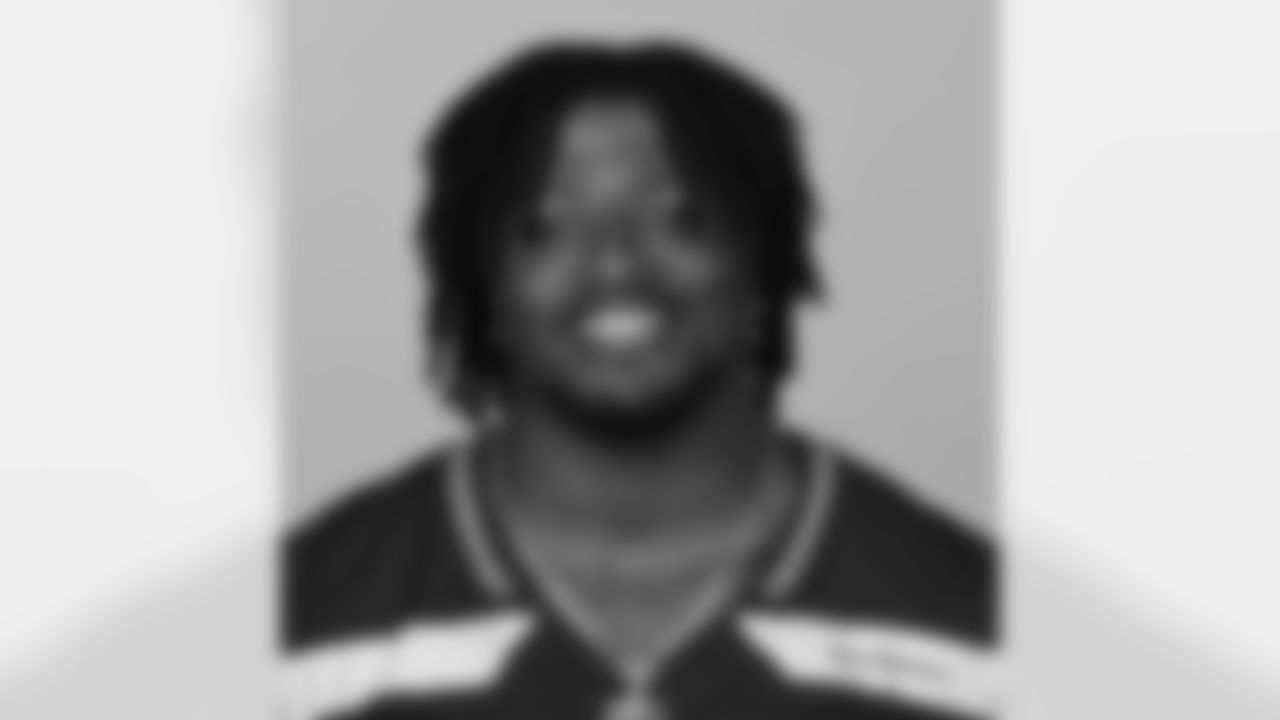
This is a 2024 photo of Tyrice Knight of the Seattle Seahawks NFL football team. This image reflects the Seahawks active roster as of June 10, 2024 when this image was taken. (AP Photo)

Seahawks linebacker Tyrice Knight (48)
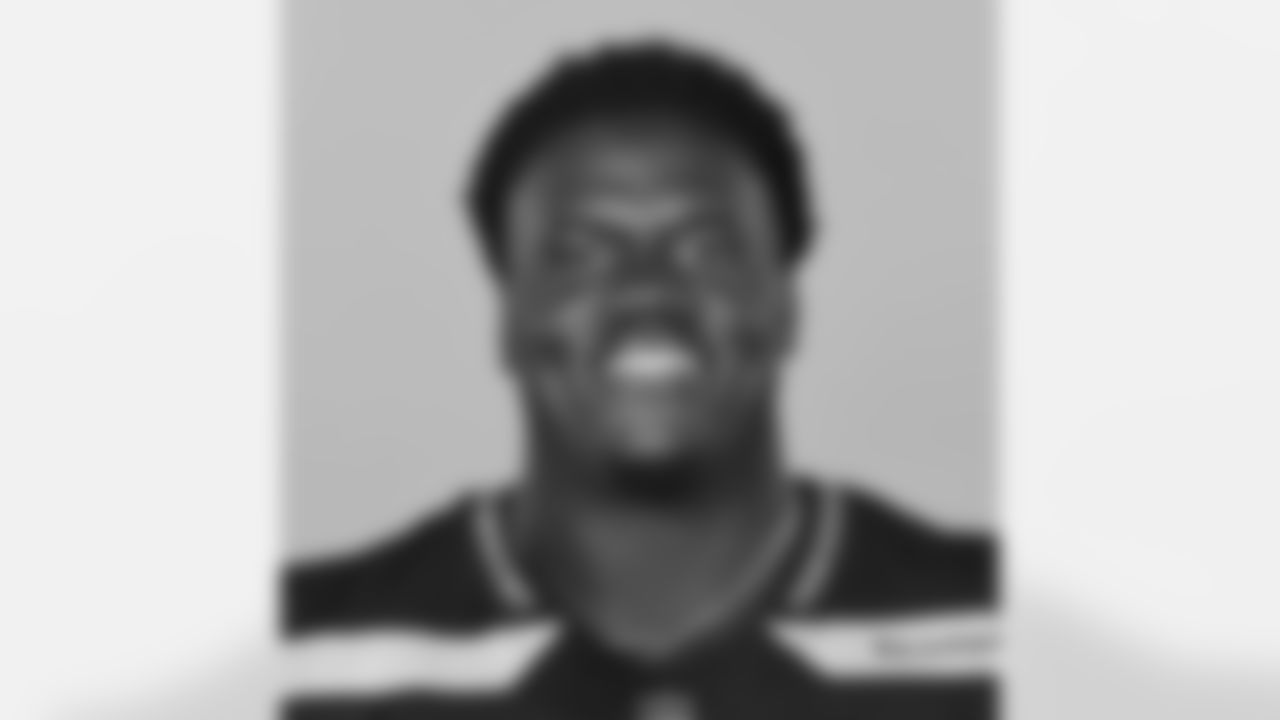
This is a 2024 photo of Olu Oluwatini of the Seattle Seahawks NFL football team. This image reflects the Seahawks active roster as of June 10, 2024 when this image was taken. (AP Photo)

Seahawks center Olu Oluwatimi (51)

This is a 2023 photo of Patrick O'Connell of the Seattle Seahawks NFL football team. This image reflects the Seattle Seahawks active roster as of June 5, 2023, when this image was taken. (AP Photo)

Seahawks linebacker Patrick O'Connell (52).

This is a 2024 photo of Boye Mafe of the Seattle Seahawks NFL football team. This image reflects the Seahawks active roster as of June 10, 2024 when this image was taken. (AP Photo)

Seahawks linebacker Boye Mafe (53)

This is a 2023 photo of Dre'Mont Jones of the Seattle Seahawks NFL football team. This image reflects the Seattle Seahawks active roster as of June 5, 2023, when this image was taken. (AP Photo)

Seahawks defensive end Dre'Mont Jones (55)

This is a 2024 photo of Derick Hall of the Seattle Seahawks NFL football team. This image reflects the Seahawks active roster as of June 10, 2024 when this image was taken. (AP Photo)

Seahawks linebacker Derick Hall (58)

This is a 2024 photo of Jalen Sundell of the Seattle Seahawks NFL football team. This image reflects the Seahawks active roster as of September 5, 2024 when this image was taken. (AP Photo)
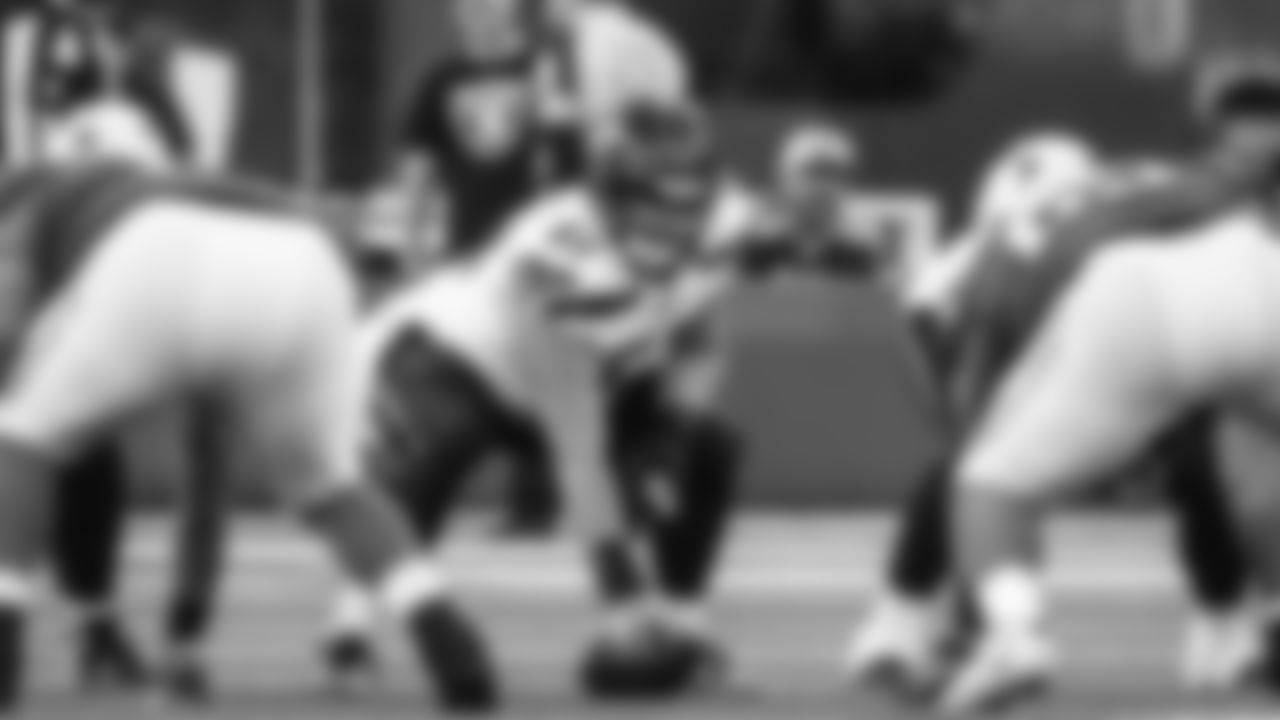
Seahawks offensive lineman Jalen Sundell (61)

This is a 2024 photo of Sataoa Laumea of the Seattle Seahawks NFL football team. This image reflects the Seahawks active roster as of June 10, 2024 when this image was taken. (AP Photo)

Seahawks guard Sataoa Laumea (63)

This is a 2024 photo of Christian Haynes of the Seattle Seahawks NFL football team. This image reflects the Seahawks active roster as of June 10, 2024 when this image was taken. (AP Photo)

Seahawks guard Christian Haynes (64)
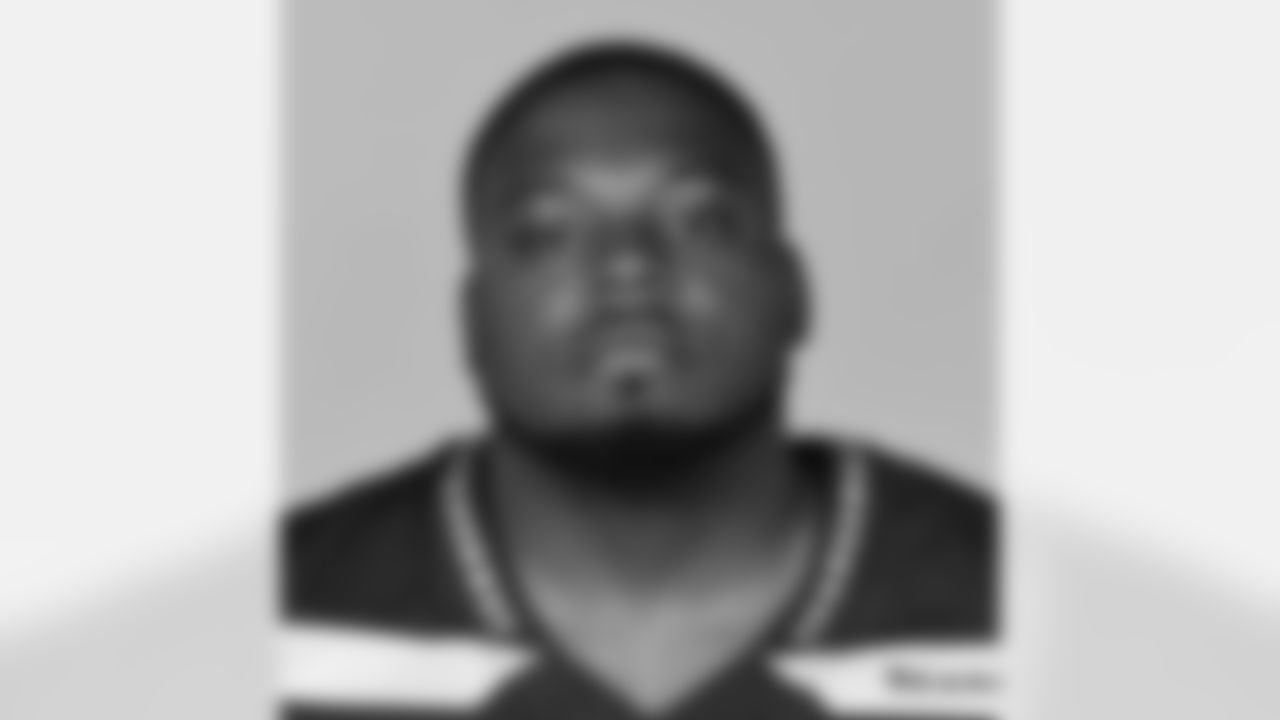
This is a 2024 photo of Michael Jerrell of the Seattle Seahawks NFL football team. This image reflects the Seahawks active roster as of June 10, 2024 when this image was taken. (AP Photo)
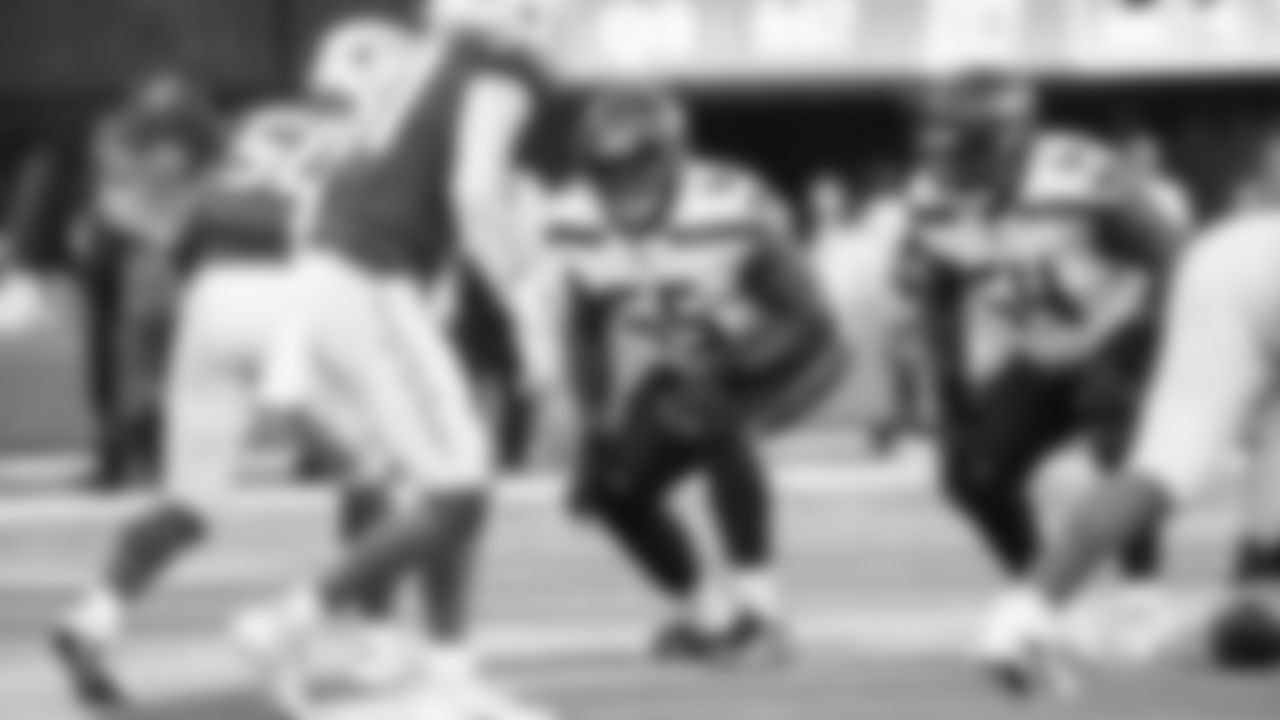
Seahawks tackle Michael Jerrell (65)
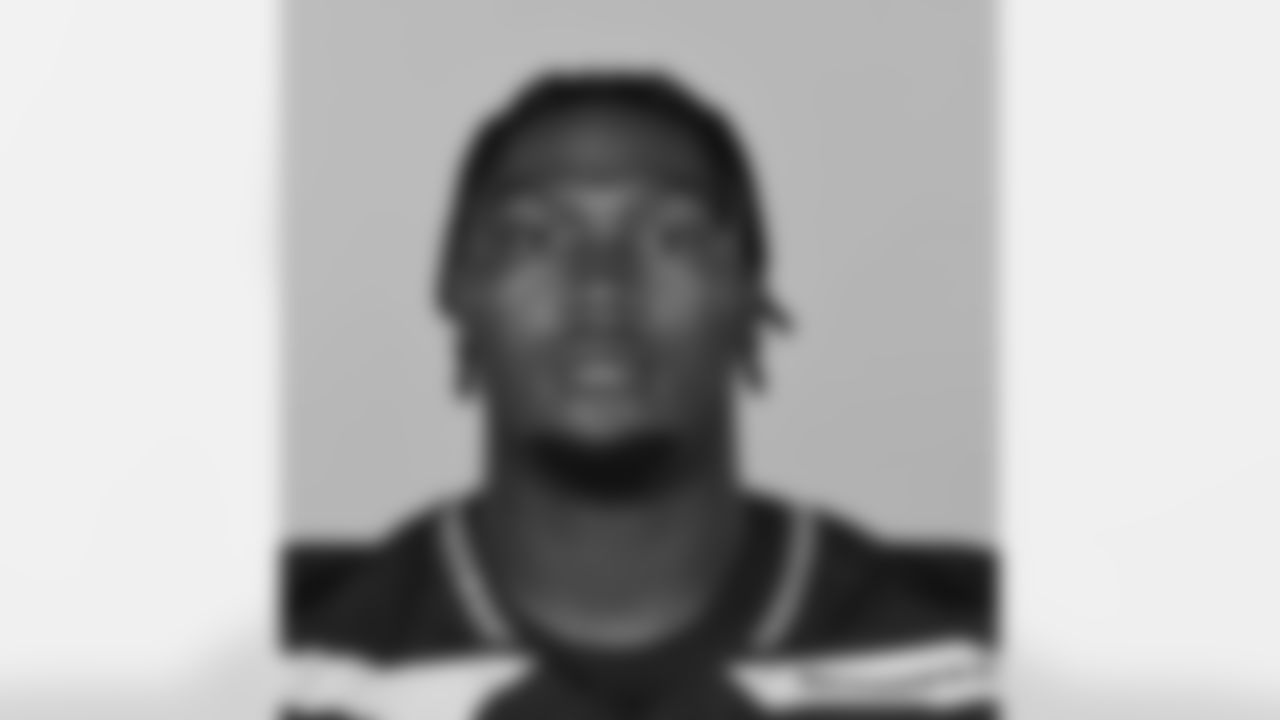
This is a 2024 photo of Charles Cross of the Seattle Seahawks NFL football team. This image reflects the Seahawks active roster as of June 10, 2024 when this image was taken. (AP Photo)

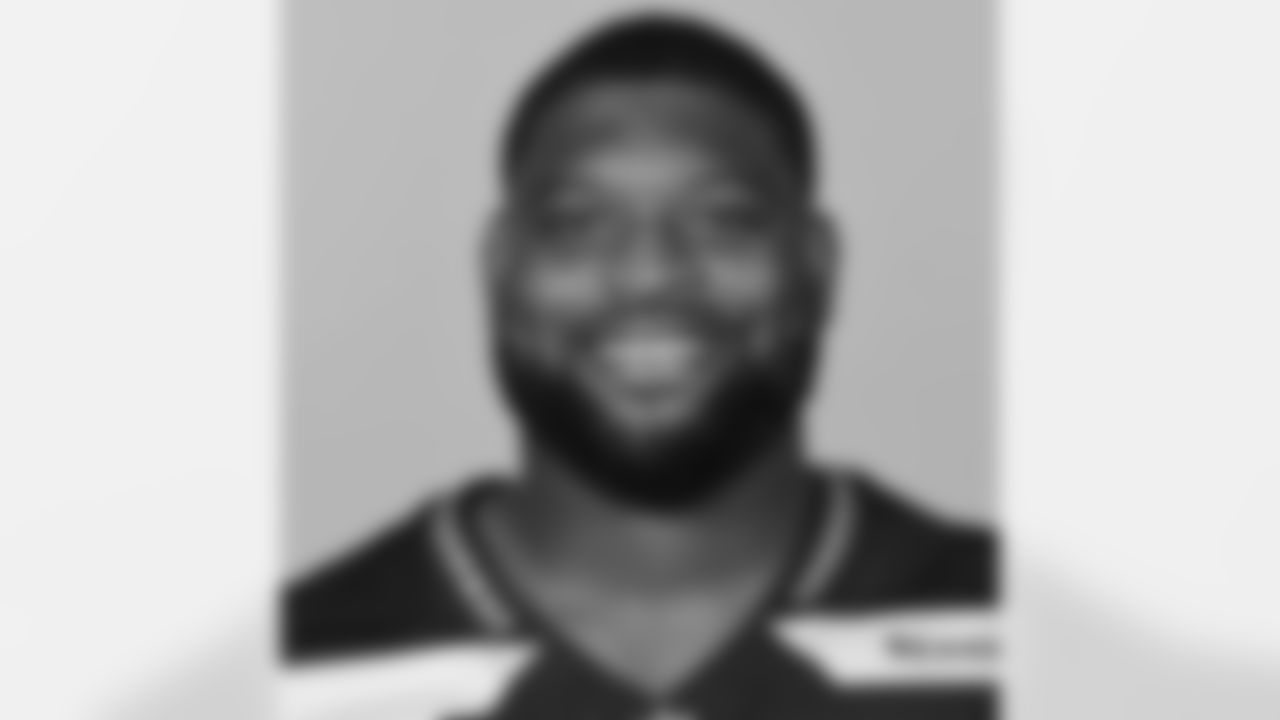
This is a 2024 photo of Laken Tomlinson of the Seattle Seahawks NFL football team. This image reflects the Seahawks active roster as of June 10, 2024 when this image was taken. (AP Photo)

Seahawks guard Laken Tomlinson (70)

This is a 2023 photo of Abraham Lucas of the Seattle Seahawks NFL football team. This image reflects the Seattle Seahawks active roster as of June 5, 2023, when this image was taken. (AP Photo)

Seahawks tackle Abraham Lucas (72).
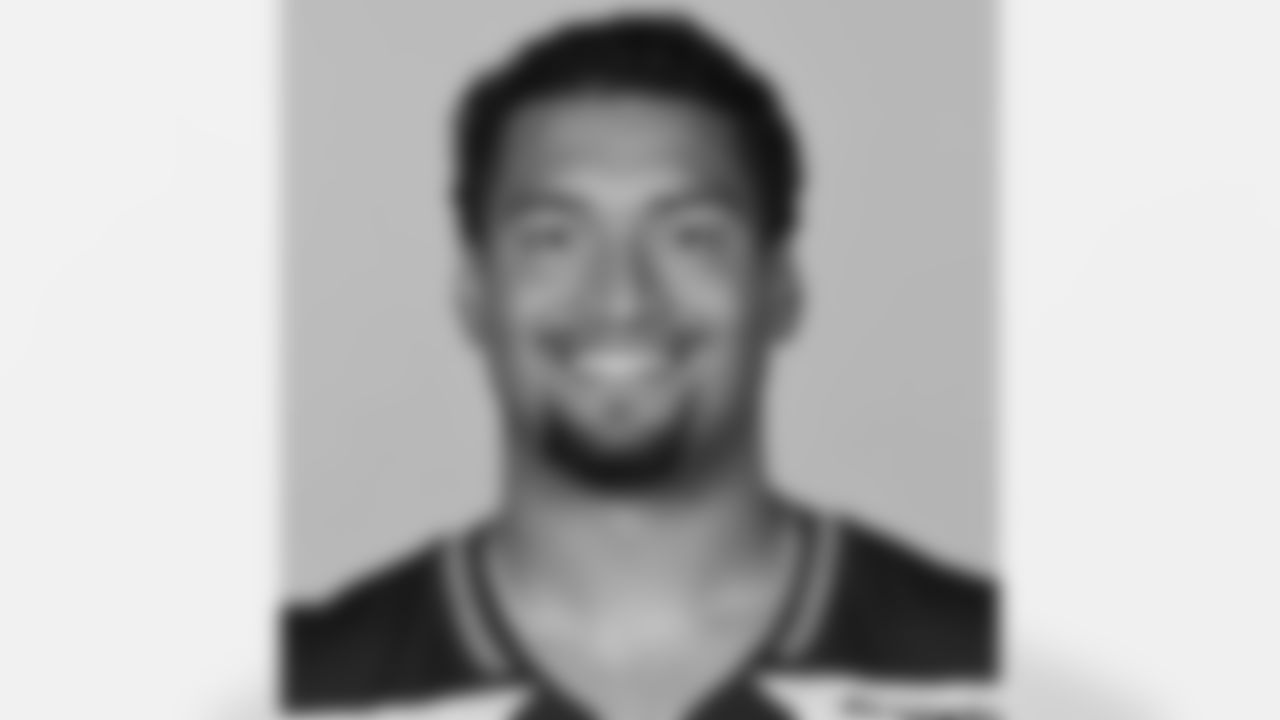
This is a 2024 photo of Stone Forsythe of the Seattle Seahawks NFL football team. This image reflects the Seahawks active roster as of June 10, 2024 when this image was taken. (AP Photo)
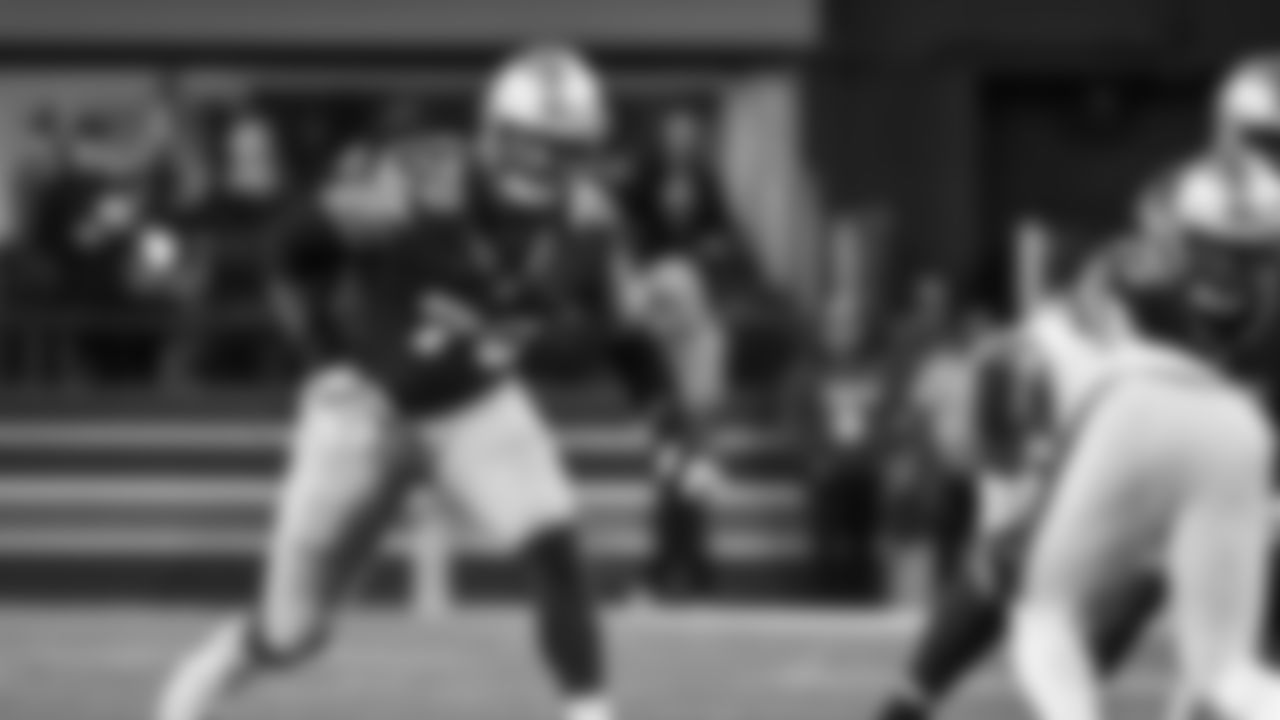
Seahawks tackle Stone Forsythe (78).

This is a 2024 photo of Cody White of the Seattle Seahawks NFL football team. This image reflects the Seahawks active roster as of June 10, 2024 when this image was taken. (AP Photo)

Seahawks wide receiver Cody White (82).

This is a 2024 photo of Dareke Young of the Seattle Seahawks NFL football team. This image reflects the Seahawks active roster as of June 10, 2024 when this image was taken. (AP Photo)

Seahawks wide receiver Dareke Young (83)
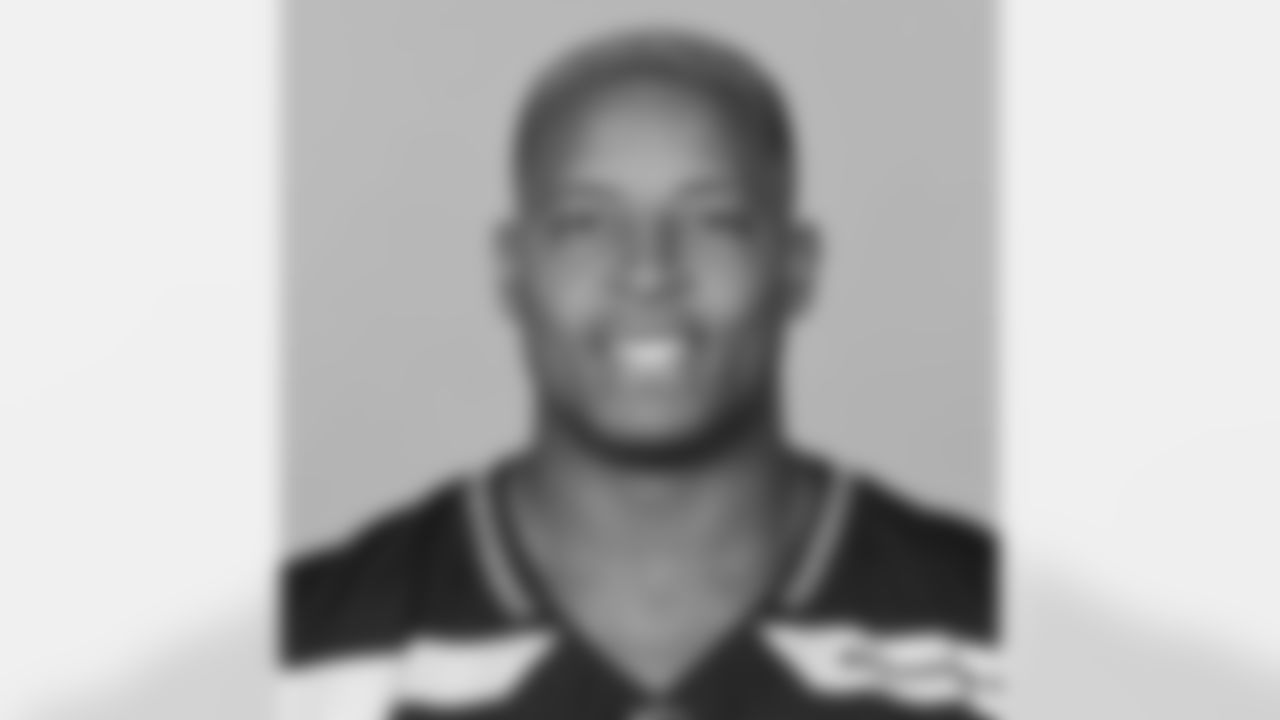
This is a 2024 photo of Pharaoh Brown of the Seattle Seahawks NFL football team. This image reflects the Seahawks active roster as of June 10, 2024 when this image was taken. (AP Photo)

Seahawks tight end Pharaoh Brown (86)

This is a 2022 photo of Noah Fant of the Seattle Seahawks NFL football team. This image reflects the Seahawks active roster as of June 6, 2022 when this image was taken. (AP Photo)

Seahawks tight end Noah Fant (87)

This is a 2024 photo of AJ Barner of the Seattle Seahawks NFL football team. This image reflects the Seahawks active roster as of June 10, 2024 when this image was taken. (AP Photo)

Seahawks tight end AJ Barner (88)

This is a 2024 photo of Jarran Reed of the Seattle Seahawks NFL football team. This image reflects the Seahawks active roster as of June 10, 2024 when this image was taken. (AP Photo)

Seahawks nose tackle Jarran Reed (90)

This is a 2024 photo of Byron Murphy II of the Seattle Seahawks NFL football team. This image reflects the Seahawks active roster as of June 10, 2024 when this image was taken. (AP Photo)

Seahawks defensive tackle Byron Murphy II (91)

This is a 2024 photo of Mike Morris of the Seattle Seahawks NFL football team. This image reflects the Seahawks active roster as of June 10, 2024 when this image was taken. (AP Photo)

Seahawks defensive end Mike Morris (94)

This is a 2024 photo of Johnathan Hankins of the Seattle Seahawks NFL football team. This image reflects the Seahawks active roster as of June 10, 2024 when this image was taken. (AP Photo)

Seahawks defensive tackle Johnathan Hankins (97)


Seahawks defensive lineman Roy Robertson-Harris (98).

This is a 2024 photo of Leonard Williams of the Seattle Seahawks NFL football team. This image reflects the Seahawks active roster as of June 10, 2024 when this image was taken. (AP Photo)

Seahawks defensive end Leonard Williams (99)
















